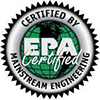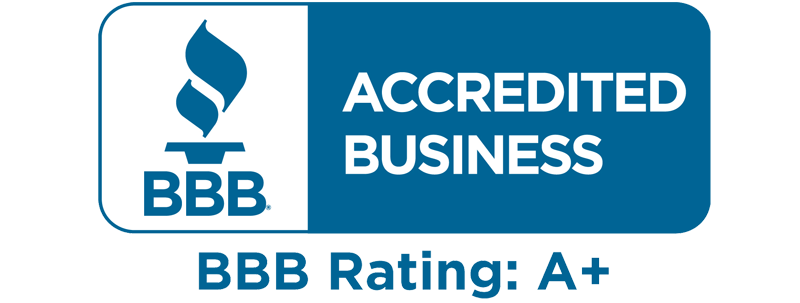For some people, heat pumps are a mystery. They don’t have heating elements like electric furnaces, and they look very similar to air conditioning systems, yet they can produce enough heat to keep a home warm during cold winter weather. In today’s post, local HVAC air conditioner repair and installation company Dittmer Air Conditioning & Heating shares the answers to some common questions about heat pumps.

What Is a Heat Pump, and How Does It Work?
Heat pumps look like air conditioners because they are air conditioners, albeit with a few critical differences. An air conditioner works by putting refrigerant through various stages of compression, during which it changes its temperature dramatically. The air conditioner blows air over the cooled coils in the indoor unit, at the same time removing heat from the room through thermal transfer. The heat is then expelled through the condenser or outdoor unit.
A heat pump uses the exact same process, but in reverse: heat is extracted from the air through outdoor coils and pumped indoors. The refrigerant also becomes very warm at some point during its compression cycle, the same as when an air conditioning or restaurant refrigeration system generates cool air, except that in air pumps, warm refrigerant is placed in front of the indoor blowers.
Where Do Heat Pumps Get Heat When It’s Cold?
It’s important to think of cold as the absence of heat. This means, as long as the outdoor air isn’t freezing, there’s still some heat that can be extracted from the air. In addition to the more common air-source heat pumps, another type called a ground-source heat pump is equipped with coils buried in the soil which extract heat from under the ground. A far-less-common version of a ground source heat pump sources heat from under a large body of water, such as a nearby pond.
How Do Heat Pumps Affect Utility Bills?
A heat pump will affect your utility bills differently, depending on your existing heating system. It’s pretty straightforward if your home is heated by an electric furnace: heat pumps are at least three times more efficient than an electric furnace, consuming about a third of the energy. If you’ve been heating your home with an oil or gas furnace, you’ll see a significant increase in your electric bill. However, this will reduce your oil or gas usage and offset its costs by as much as 48%.
Dittmer Air Conditioning & Heating is your leading provider of HVAC and indoor air quality testing services. Give us a call at (321) 637-0170. You can also fill out our contact form to schedule an appointment.










